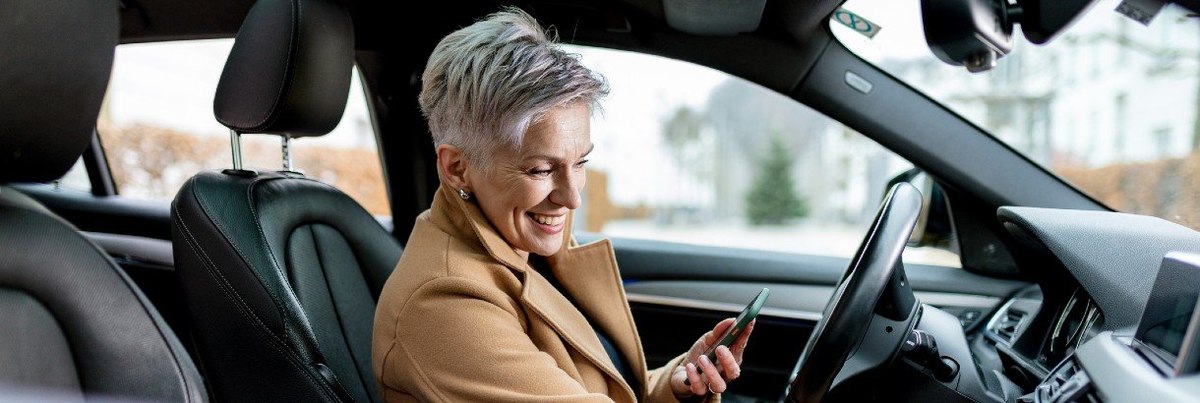
Global: Public transport – including ride-hailing – likely to take hit over next twelve months
The pandemic forced consumers in many parts of the world to stay indoors. But has it changed the way consumers will hit the road now? Data across 17 markets from YouGov’s International Automotive Report reveals how consumers expect to travel and commute in the next twelve months.
The data shows that one in five global consumers expect to use more personal motor vehicles like a car, truck, SUV or motorcycle in the next twelve months (20%). And while this is cancelled out by the proportion of consumers globally who plan to use this mode of transport less, it’s public transport which is really set to lose out in the next year.
Up to two-fifths of the global public plan to use taxis, buses, trains, ride-hailing apps and shared services less over the next year as consumers either plan to travel less or travel differently.
Personal vehicles only mode not likely to see a contraction
Of the modes of transport we asked about, it’s generally the use of personal vehicles which people were most likely to plan to use more, with urban India topping this list (37% of Indians plan to use personal vehicles more). It is only in the US where public transport finds around the same support as personal vehicles (13% vs 12%) in terms of which consumers plan to use more.
Will ride-hailing apps suffer in the new normal?
Consumers are divided about using ride-hailing apps in post-pandemic times. In Europe, it is Spaniards and Germans who are most likely to say they will use these apps less (43% and 37% respectively), followed by Swedes and Danes (28% and 25% respectively). In the US and Mexico, nearly two in five say they expect to use ride-hailing apps less in the next twelve months. A similar attitude is shown in MENA and Asia as Emiratis (44%), urban Indians (47%), online Indonesians (44%) and Singaporeans (42%) say that they expect to use ride-hailing apps less.
Cab services are expected to flourish in Asia and MENA
When asked about taxi or cab services, Asians show more appetite for increasing their use than Europeans. While only 5% in the UK (United Kingdom), 6% in Poland, 8% in France and 8% in Spain expect to use more cabs in future, this figure grows in Asia and MENA. In the UAE (United Arab Emirates), for example, 18% say that they expect to hop into a taxi more, followed by 15% in India, 15% in China, 12% in Singapore and 10% in Indonesia. In North America, Mexicans are more likely to take more taxis than Americans (13% vs 7%).
Shared mobility services expected to grow in China
More than a quarter of consumers in China say that they expect to use more shared mobility services in the next twelve months (27%). Although not a large group, interest in using shared mobility services more often is noticeable in other Asian countries such as in urban India (19%), online Indonesia (12%), Singapore (12%) as well as in the UAE (18%), US (12%) and Mexico (14%). However, the interest recedes significantly in European countries such as the UK (5%), Germany (9%), Denmark (7%) and Poland (8%).
Contraction expected overall
While there are significant groups in many markets who plan to take more forms of transport, it’s important to note that overall, it’s travelling less that wins out. Across all forms of transport we asked about, globally 35% of consumers said they planned to use them less in the next year, compared to just 14.8% who plan to use them more. That marks a significant contraction in the amount of travel overall – even as the pandemic lifts in many markets.
Full insights can be found in the latest International Automotive Report 2021. Download here
Receive monthly topical insights about the auto industry, straight to your inbox. Sign up today.
Discover more Automotive content here
Start building a survey now with YouGov Direct
Methodology: The data is based on the interviews of adults aged 18 and over in 17 markets with sample sizes varying between 158 and 1726 for each market. All interviews were conducted online in May 2021. Data from each market uses a nationally representative sample apart from Mexico and India, which use urban representative samples, and Indonesia and Hong Kong, which use online representative samples.